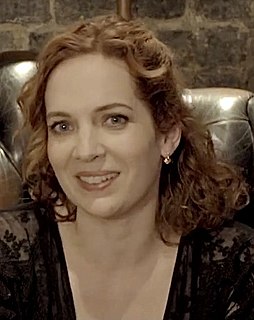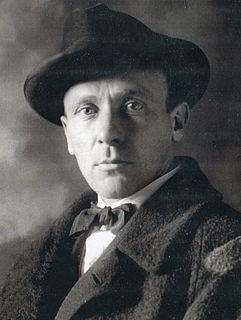A Quote by Dalai Lama
If there were really serious consequences if I did not accept, then of course I would do whatever was necessary. But in general I really prefer some freedom.
Related Quotes
What really counted was the possibility of escape, a leap to freedom, out of the implacable ritual, a wild run for it that would give whatever chance for hope there was. Of course, hope meant being cut down on some street corner, as you ran like mad, by a random bullet. But when I really thought it through, nothing was going to allow me such a luxury. Everything was against it; I would just be caught up in the machinery again.
True freedom and the end of suffering is living in such a way as if you had completely chosen whatever you feel or experience at this moment. This inner alignment with Now is the end of suffering. Is suffering really necessary? Yes and no. If you had not suffered as you have, there would be no depth to you as a human being, no humility, no compassion. You would not be reading this now. Suffering cracks open the shell of ego, and then comes a point when it has served its purpose. Suffering is necessary until you realize it is unnecessary.
I did a lot of serious plays, and I did the Oxford Review as well, which is supposed to be funny, but I'm not sure how funny we were when we did it. Then, when I finished my course, it was only then that I decided to go to drama school and try and do acting because I was enjoying it so much and so on.
Our submission to general principles is necessary because we cannot be guided in our practical action by full knowledge and evaluation of the consequences. So long as men are not omniscient, the only way in which freedom can be given to the individual is by such general rules to delimit the sphere in which the decision is his. There can be no freedom if the government is not limited to particular kinds of action but can use its powers in any ways which serve particular ends.
To struggle against censorship, whatever its nature, and whatever the power under which it exists, is my duty as a writer, as are calls for freedom of the press. I am a passionate supporter of that freedom, and I consider that if any writer were to imagine that he could prove he didn't need that freedom, then he would be like a fish affirming in public that it didn't need water.
I grew up bilingual, I grew up speaking Chinese in the home, Mandarin Chinese with my parents, and I learned English because I was born and raised in the U.S. That really gave me an edge. I understand that, from the experts, if you grew up bilingual, your brain kind of gets wired to accept a new language. It was a very serious deal because not only did I have to learn Russian to a high degree in order to function as a necessary member of the crew, but also I knew that the Russians that came over that made an effort and had some success in learning English, those were the folks we trusted.
I was a really, really serious kid. And a really kind of controlling kid. Like I had things that, now, people would say are like - there's a name for many disorders as we know - but I would say, "If I pick this rubber band, then this will happen." It was that kind of want to control things, which I think all kids have to some extent.
Then he read the words of the scroll slowly, first in Japanese and then carefully translated into English: 'There is really nothing you must be. And there is nothing you must do. There is really nothing you must have. And there is nothing you must know. There is really nothing you must become. However. It helps to understand that fire burns, and when it rains, the earth gets wet. . . .' 'Whatever, there are consequences. Nobody is exempt,' said the master.
There is always a choice." "You mean I could choose certain death?" "A choice nevertheless, or perhaps an alternative. You see I believe in freedom. Not many people do, although they will of course protest otherwise. And no practical definition of freedom would be complete without the freedom to take the consequences. Indeed, it is the freedom upon which all the others are based.
The hippies had in mind something that they wanted, and were calling it freedom, but in the final analysis freedom is a purely negative goal. It just says something is bad. Hippies weren't really offering any alternatives other than colorful short-term ones, and some of these were looking more and more like pure degeneracy. Degeneracy can be fun but it's hard to keep up as a serious lifetime occupation.









































